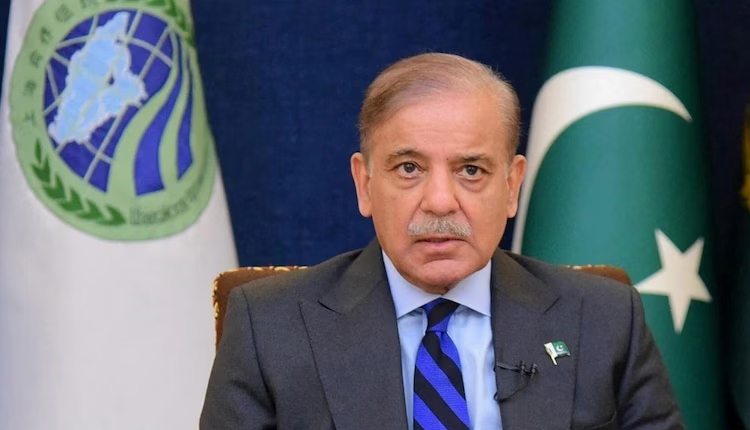New Delhi: As Pakistan has not maintained the principles of goodwill and friendship in the treaty, the Ministry of External Affairs (MEA) says India has decided to keep the Indus Waters Treaty (IWT) on hold. The move was announced days after a deadly attack in Pahalgam. It came about due to India’s disappointment in Pakistan backing terrorism and not signing an international trade agreement for modern needs.
On September 19, 1960, after negotiation by the World Bank, the IWT agreement assigned the use of the Indus River waters between India and Pakistan. India and Pakistan have their rivers to manage—India manages the Ravi, Beas, and Sutlej. Pakistan also looks after the Indus, Jhelum, and Chenab. Although the treaty aimed to foster teamwork, it has recently come under heavy pressure. India has suspended the agreement for the first time since its signing in 2013, effective April 23, 2025.
Foreign Secretary Vikram Misri said Pakistan’s violations undermined the treaty’s aims. According to the text, the 1960 treaty was created with sincere friendship and goodwill. By allowing cross-border terrorism, Pakistan has invalidated these rules, which makes it difficult for us to benefit from the treaty’s provisions, Misri pointed out.
The MEA pointed out that many circumstances have shifted since the 1997 treaty was created. These circumstances include engineering progress, climate change, melting glaciers, and demographics moving around. With both factors at play, it is vital to return to the agreement to match what is needed this century. The ministry said that Pakistan’s refusal to hold government-to-government talks, despite India’s request since 2023, justified the suspension.
The Pahalgam attack, which claimed the lives of 26 civilians, mostly vacationing tourists, necessitated immediate action. Indian officials reported that Lashkar-e-Taiba and other Pakistan-based terror groups were involved in the attack, prompting the military to conduct Operation Sindoor to target terrorist locations across the border. Prime Minister Narendra Modi stated that these two things cannot be together. External Affairs Minister S. Jaishankar said India will not allow the treaty to resume until Pakistan breaks with terrorism for good.
India’s letter from the Ministry of Water Resources in Pakistan asked the Jal Shakti Ministry for a review. It alerted them to possible problems for Pakistan’s farming-based economy. Pakistani officials said they believed the suspension was illegal and unilateral and that the treaty’s provisions do not allow such a measure. But India insists the treaty was broken because Pakistan failed to respect its promise and prevented settlement during talks.
Due to the suspension, India can limit the sharing of water flow details. It can also open up new storage sites on rivers in the West, and launch upcoming power plants like Kishanganga and Ratle without first consulting Pakistan. Although there is no way to redirect a lot of water immediately, India’s action points to a long-term goal of entirely using Indus water.
Legal scholars say that the agreement does not include a way to quit. Unilateral suspension could be subject to dispute under international rules because such exits are allowed if circumstances have changed. Pakistan hasn’t requested arbitration yet, and some experts think it may be difficult to get India to comply.
There is much debate about the decision. Pakistani authorities predict that the Indus decline will cause significant problems for their agriculture sector. Union Agriculture Minister Shivraj Singh Chouhan told farmers in India that water priorities are inside the nation. At the same time, Indian teams are explaining the suspension to leaders worldwide and pointing out Pakistan’s involvement in disrupting the bilateral relationship.
Since tensions haven’t decreased, the May 10, 2025, ceasefire suspension is in effect. However, the treaty is still on hold because India wants Pakistan to stop all anti-Indian actions first. The event highlights that water and national security in South Asia are delicate, as both nations have to deal with complicated politics.



Comments are closed.